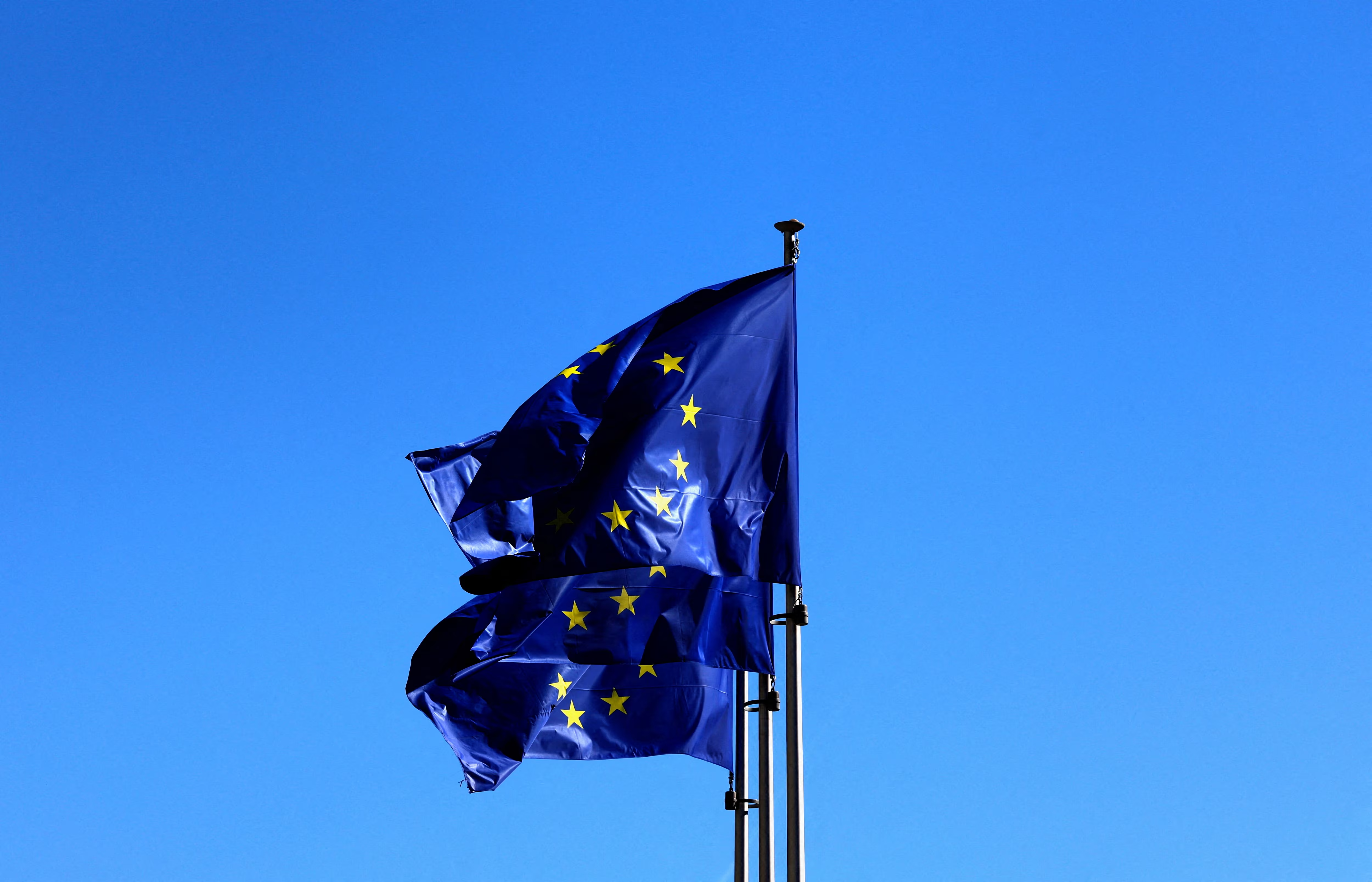
EU Delays Vote on Carbon Border Tax Amid Industry Pushback and Political Disagreements
The European Union has postponed a highly anticipated vote on its landmark Carbon Border Adjustment Mechanism (CBAM), sparking new tensions between climate advocates and industry stakeholders. The decision, announced late Monday by the European Parliament's Committee on Environment, Public Health and Food Safety (ENVI), comes just days before the proposal was expected to move forward for plenary approval.
The CBAM, widely referred to as the EU carbon border levy, is designed to impose tariffs on imports of carbon intensive goods such as steel, cement, aluminum, and fertilizers from countries with less stringent climate regulations. The policy aims to level the playing field for European producers who are subject to the EU’s ambitious carbon pricing rules, while also pressuring trading partners to adopt stronger emissions targets.
Political Divisions and Lobbying Slow Progress
Sources within the European Parliament say the delay is due to a combination of technical disputes, economic concerns, and mounting lobbying pressure from industry groups and international partners. Several eastern and southern EU member states have raised objections, arguing that the levy could drive up production costs, disrupt supply chains, and provoke trade retaliation particularly from China, India, and Turkey.
“There is broad support for climate fairness, but we need more time to ensure that the measure is economically balanced and legally sound,” said Pascal Canfin, chair of the ENVI committee. “This is not a rejection it’s a recalibration.”
The delay marks a setback for the European Commission, which had planned to start phasing in CBAM in 2026, with full implementation by 2034. The mechanism is a key part of the EU’s Fit for 55 climate package, which seeks to reduce greenhouse gas emissions by at least 55% by 2030 compared to 1990 levels.
Industry Reaction Relief and Caution
European industry federations welcomed the postponement as an opportunity to re evaluate the scheme’s real world impact. The European Steel Association (EUROFER) and Cement Industry Federation (CEMBUREAU) have warned that if not carefully calibrated, CBAM could undermine competitiveness, especially at a time when energy prices and inflation are already high.
“Decarbonization must happen, but not at the expense of economic survival,” said Axel Eggert, Director General of EUROFER. “The current version of CBAM doesn’t account for the volatility of global markets or the need for fair transitional protections.”
Others, however, accused industrial lobbies of stalling progress. Environmental NGOs such as Carbon Market Watch and Greenpeace EU have criticized the delay as a sign of political cowardice, warning that every postponement reduces the EU’s credibility in global climate leadership.
“This mechanism is not just about trade it's a signal to the world that the EU is serious about climate responsibility,” said Sabine Frank, EU Director at Carbon Market Watch. “Delaying it plays right into the hands of polluters.”
Global Implications and Trade Tensions
The carbon border tax has also sparked international friction, particularly with developing nations that view the measure as a disguised form of green protectionism. Countries like South Africa, Brazil, and Indonesia have raised concerns at the World Trade Organization (WTO), arguing that CBAM could violate trade norms and penalize economies still dependent on fossil fuels.
The United States has taken a mixed stance while supportive of climate aligned trade measures in principle, Washington is concerned about the potential impact on transatlantic exports and is urging Brussels to coordinate future climate tariffs through the G7 and OECD frameworks.
What’s Next?
Officials say the CBAM proposal is now being sent back for technical revisions and further consultation, with a new vote tentatively scheduled for early autumn 2025. The revised proposal is expected to include
More gradual implementation timelines
Expanded exemptions for least developed countries (LDCs)
Additional support for EU industries in transition
Refinements in emissions reporting methodologies
Meanwhile, the pilot reporting phase for CBAM, which began in October 2023, remains in effect. Importers are still required to submit emissions data for covered goods without paying financial penalties until full enforcement begins.
A Test of EU’s Climate Resolve
As the world’s first major attempt to impose carbon accountability on international trade, the CBAM debate has become a litmus test for the EU’s climate ambition, economic resilience, and global influence. The delay highlights the political and diplomatic complexities of regulating carbon across borders where environmental goals collide with economic realities.
With global temperatures rising and carbon emissions continuing to climb, the EU faces mounting pressure to act decisively. if CBAM moves forward in its original form or emerges from compromise remains to be seen, but its outcome will shape the future of climate linked trade policy worldwide.
Related Post
Popular News
Subscribe To Our Newsletter
No spam, notifications only about new products, updates.
















